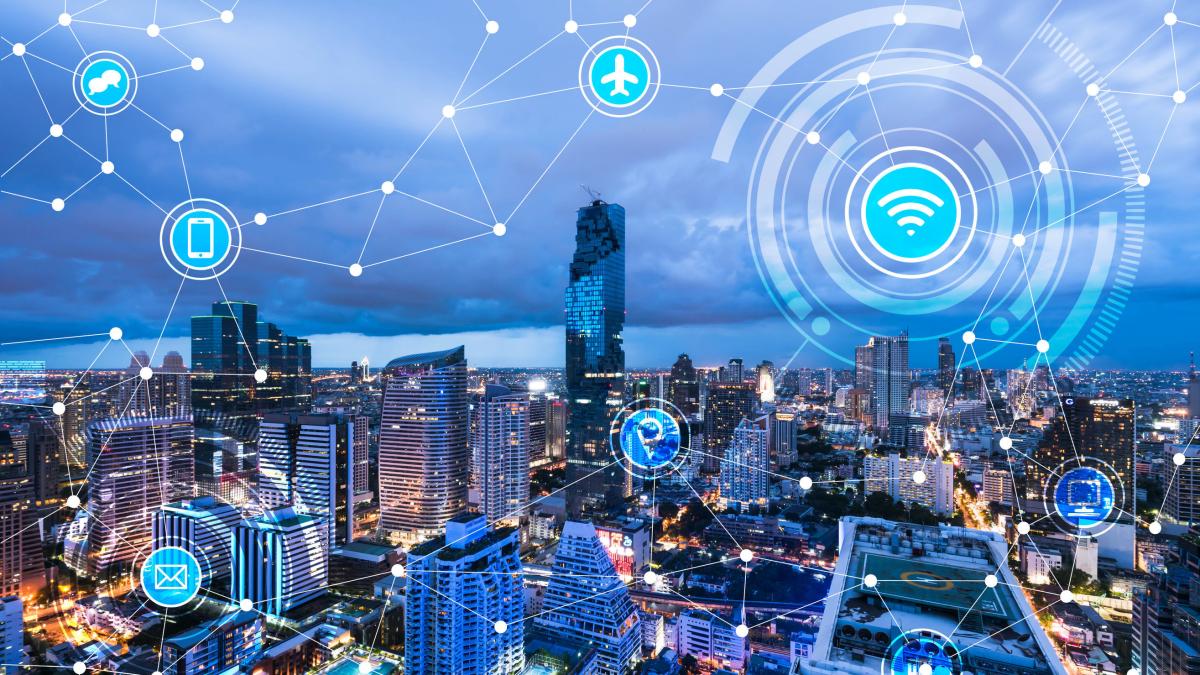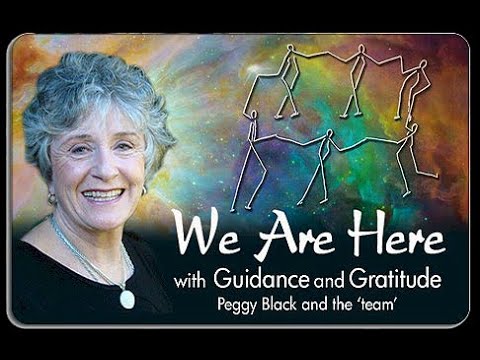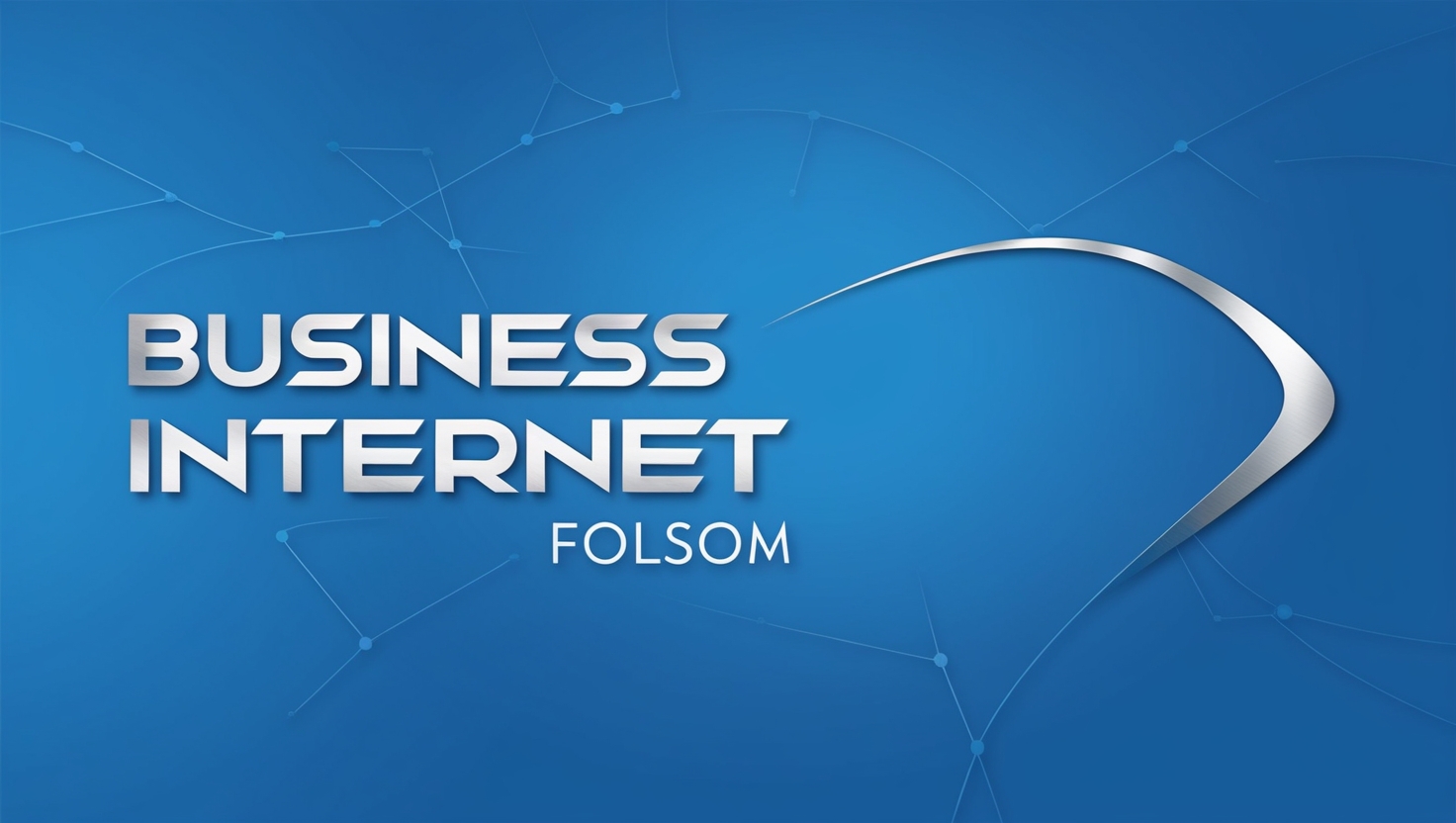Choose this topic
ToggleIn today’s digital age, political campaigns have experienced a seismic shift, largely due to the widespread accessibility of the internet.
Traditional methods of campaigning, such as door-to-door canvassing, televised ads, and paper flyers, have been augmented or replaced by online strategies that have fundamentally changed how politicians reach voters. Let’s explore the multifaceted ways the internet has revolutionized political campaigns.
1. Direct Voter Engagement
One of the most notable ways the internet has transformed political campaigns is by enabling direct interaction between candidates and voters. Platforms like social media allow candidates to communicate their messages without traditional media intermediaries.
Through Twitter, Facebook, Instagram, and now platforms like TikTok, politicians can share policy updates, behind-the-scenes moments, and responses to current events, creating a sense of proximity and engagement.
Live-streamed events or debates offer voters an immediate connection to political leaders. Virtual town halls and Q&A sessions give a direct channel for voter concerns and feedback, allowing campaigns to appear more transparent and accessible. This unprecedented level of access helps build trust and enhances voter loyalty.
2. Targeted Advertising and Data Analytics
In the past, political ads were broad, aiming at large demographics via TV or radio ads. However, digital platforms provide detailed insights into voter behavior, interests, and even sentiment.
The internet has made it possible for campaigns to engage in hyper-targeted marketing, where specific groups of voters can be directly addressed through customized ads that appeal to their unique concerns.
Advanced data analytics tools allow campaigns to analyze the preferences of potential voters in real-time. By utilizing data collected through online behaviors, campaigns can predict voting patterns and modify their strategies accordingly.
For example, a campaign might target undecided voters in key battleground states with tailored messages designed to sway their opinion.
3. Fundraising Transformation
Fundraising in politics has also undergone a dramatic shift due to the Internet. Crowdsourcing via platforms such as GoFundMe and crowdfunding through social media platforms has opened the door for politicians to receive donations from small, individual contributions, rather than relying on major donors or corporations.
The grassroots fundraising model has increased political participation. Instead of waiting for major donors or attending fundraising galas, anyone with internet access can donate, and their efforts often come with a personal connection to the candidate’s campaign, reinforcing the sense of inclusivity.
Online fundraising tools such as ActBlue for Democratic candidates or WinRed for Republicans have further streamlined the process, offering donors an easy way to give to candidates they support while instantly sharing the cause with their networks.
4. Viral Campaigns and Movements
The viral nature of internet content cannot be overstated. Memes, viral videos, and hashtags can significantly boost a political campaign’s visibility at a fraction of the cost of a traditional advertising campaign.
The phenomenon known as “viral marketing” leverages the power of social networks, making a single post or video potentially reach millions in a short time.
This ability for rapid information spread has allowed some lesser-known political figures to gain traction and grow a national following from grassroots support.
A single meme or tweet can also quickly shift public perception, alter discourse, or motivate voters to turn out in higher numbers. Political campaigns today routinely design content meant to go viral to capture the mood and energy of the electorate.
5. Fact-checking and Misinformation
While the internet has amplified the reach of political campaigns, it has also raised the issue of misinformation. Social media platforms, in particular, have made it easier to circulate false or misleading information that can significantly influence election results. Political actors can use manipulated videos, deceptive ads, or exaggerated claims to persuade voters.
However, the internet has also brought the counterbalancing power of fact-checking. Non-partisan organizations and real-time fact-checking services have emerged online, allowing voters to verify political statements and claims as soon as they are made.
Many platforms like Twitter and Facebook have begun implementing measures to curb the spread of fake news and provide verified information directly alongside contentious claims, adding an important layer of accountability.
6. Mobilization and Organizing
Historically, political campaigns involved physical door-to-door outreach and organizing rallies in various communities.
Today, mobilizing volunteers, organizing events, and encouraging voters to go to the polls happens at the speed of a few clicks. Political campaigns have adopted sophisticated tools for digital outreach, like email lists, text message services, and targeted social media groups, enabling them to create campaigns with urgency and precision.
Furthermore, the internet allows political movements to form in record time. Activists can communicate with others around the world, share important organizing tactics, and collaborate on large-scale projects—whether for advocacy, protests, or voter turnout events.
7. Global Influence and Cross-Border Collaboration
Finally, the internet has not only redefined political campaigns within individual countries but has extended its influence globally.
International actors now have easier access to political developments in other nations, which has led to new avenues for cross-border political support, collaboration, or interference.
Global movements, such as climate justice or human rights, frequently find momentum online. Campaigns have found new and exciting opportunities to ally with movements or advocates outside of national borders, extending the impact of their messaging.
Conclusion
The internet’s impact on political campaigns cannot be overstated. It has empowered voters with more access to information, enabled unprecedented levels of engagement and participation, and revolutionized the ways political actors operate.
However, it also poses new challenges, particularly with misinformation, privacy concerns, and the ability of malicious actors to influence narratives. As the digital landscape continues to evolve, political campaigns will need to adapt quickly, leveraging both the benefits and risks that come with this new era of campaigning.
As we look to the future, one thing is clear: the internet will remain a fundamental force in shaping the direction of politics, amplifying both the power and responsibility of campaigns as they engage with voters in ever-more dynamic and interactive ways. For more Internet Marketing information check the internetgainer.



